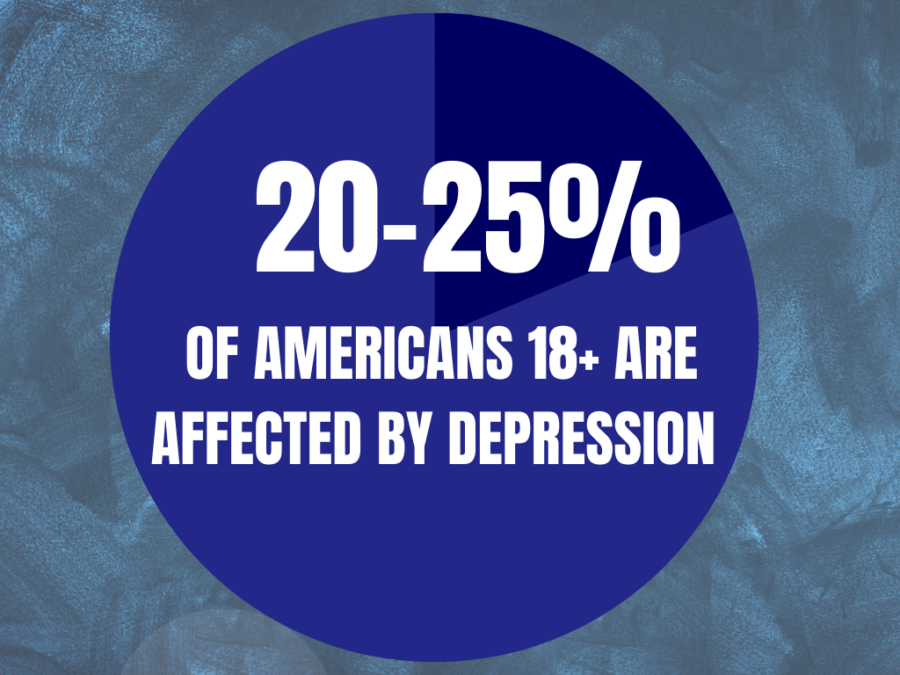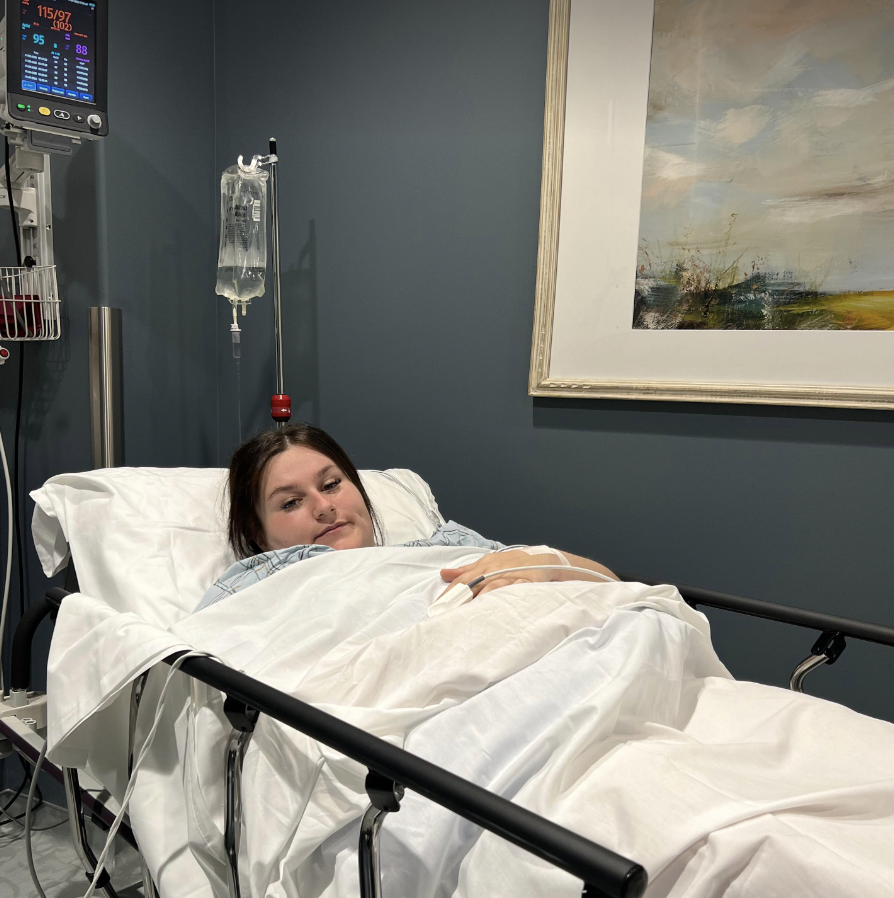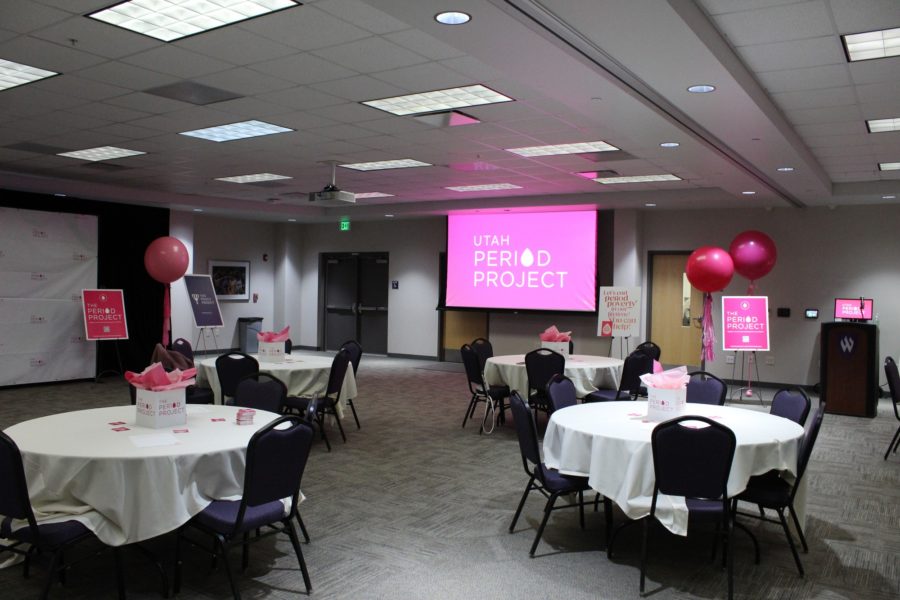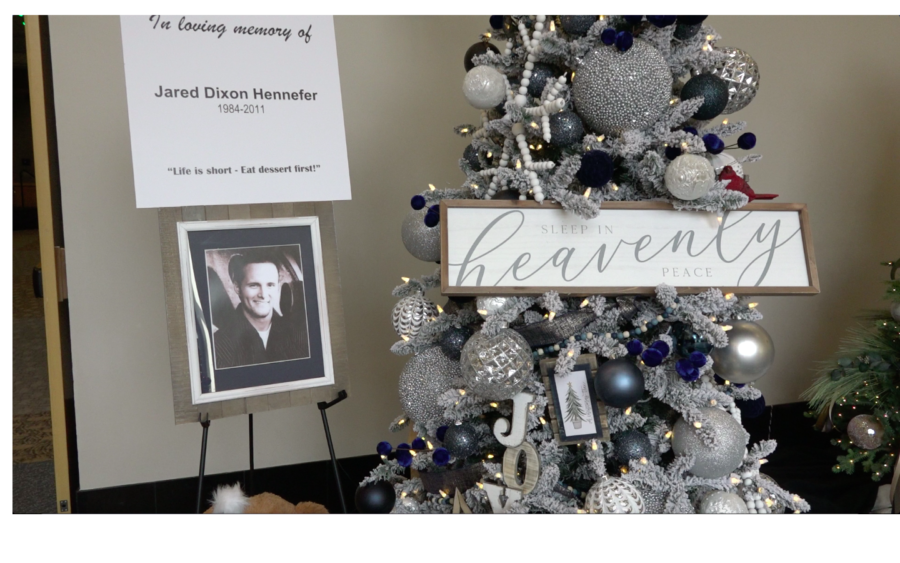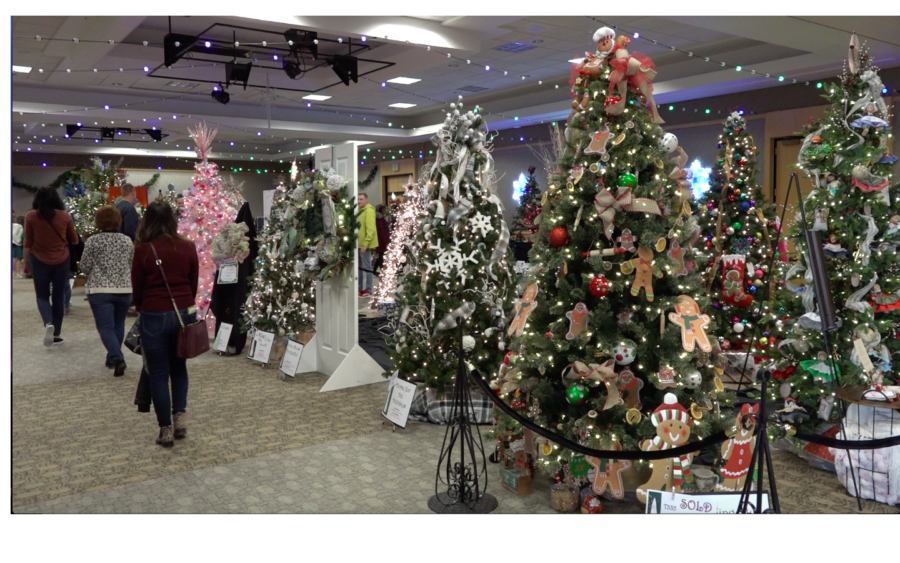A group of Weber State University computer science students volunteered at the Catholic Community Services Northern Utah Food bank, creating and managing a sophisticated inventory-control database.
According to a press release, more than 200,000 pounds of food go through the Catholic Community Services food bank, the largest food bank in northern Utah, every month. This amount of food helps to support 2,300 households in the area. Before the help of the WSU students and their project. the staff recorded its entire inventory on paper.
The project began in the fall semester with eight randomly selected students from the computer science department: Ian Bell, Anthony Dietrich, Marilyse Gast, Matthew Hadfield, Andrew Heim, Michael Jasper, Eric Raleigh and Stephen Ribbon.
Each student, however, was well developed in different aspects of computer science. Some students had experience with software or hardware programming and others with mobile design. These different aspects of computer science created a diverse but well-rounded volunteer group for Catholic Community Services.
Each month, the staff of the food bank has to compile all of its information for reports. These reports must be done to comply with the regulations of running a food bank. With the help of these WSU students, it eliminated the need for paperwork and gave Catholic Community Services a program to run instantaneous reports.
“I know all of us were honored to be working on a real-world project that was community service-oriented,” said Dietrich, a software engineering student. “Just knowing that we’re taking a service that is very hard to deal with and streamlining it and making people’s lives easier — that was a really unique experience.”
The eight students spent a total of 835 hours writing, researching, installing and testing the new system for Catholic Community Services. The senior project lasted over the course of two semesters.
“It was a wonderful project,” said Janet Healy, the agency volunteer direct at Catholic Community Services.
Dietrich quoted Richard Fry, associate professor of computer science, as saying he has “never had another project that reached this level of success or on this scale.”
The students built, installed and taught the program to the staff, and they also installed a wireless network and donated a tablet. The staff can now scan bar codes and transmit them into the system with ease.
“It was as close to a real-life project as you could get,” Heim said. “We were actually dealing with customers and clients and showing the staff how the whole software actually worked. Overall, it was a very valuable experience.”
Although the project is now officially done, there will still be a future relationship between the WSU Computer Science Department and Catholic Community Services.
“The computer science department has a verbal ongoing commitment to support the software,” Dietrich said. “We’ve written it in such a way that it has an easy-to-support infrastructure. So this project is really cool, because any student who needs, for example, a four-hour graduate project or a one-hour work-study project can come can check up on the Catholic Community Project and maintain or upgrade the program.”







